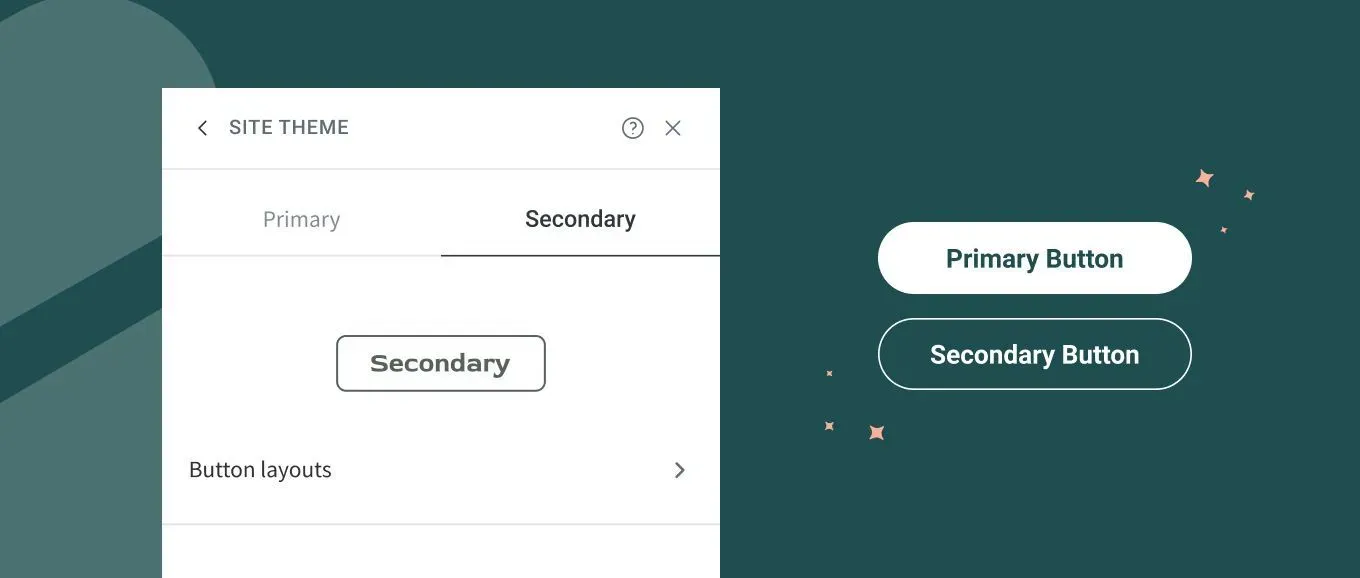Whether you’re working in a customer facing role, managing a team in a call centre or looking to improve the customer experience on a company wide level, you'll need to use these customer service tips and skills to make sure you’re at the top of your game. After all, you need customers and to ensure they have a great experience and want to come back, you have to give it your all. Keep reading for the know how and watch your skills develop and improve in no time!
1) Practice Active Listening
Remember, behind every customer service call is a real human being who has a question or concern that needs to be answered or resolved with your help. The person needs to feel understood, heard, and served at all times. Active listening is a key skill set you can develop by practicing daily on your family, friends and co-workers. First, you should approach each conversation with the goal to learn something and focus on the the person speaking. After the customer is finished speaking, ask clarifying questions to make sure you understand what they’re actually saying. And finally, finish the conversation with a quick summary to ensure everyone is on the same page and there were no misunderstandings during the time you spoke with them.
2) Use Positive Language
When attending to your customers’ problems and concerns, using positive language takes the stress away from the situation at hand. It's no secret words are powerful and have the ability to create trusting relationships, so use the right terminology with your customers. Verbs should be used positively. For example, instead of saying “don’t hit the red button” say “the green button is the best option.” Future tense is also positive as it doesn’t dwell on the customer’s past issues. Phrases like “Great question, I’ll find that out for you!” and “I’d love to know more about …” can keep the customer in the present moment. So remember, when speaking to customers, make sure you’re authentic, positive, memorable. And in the case your customer becomes angry or frustrated, remember to stay calm and positive, no matter what.
3) Learn To Empathise With Your Customers
After talking about using positive language, we thought this is a great time to talk about empathising with the person you're talking to. We see it that point 2 & 3 of this blog go hand in hand really. But why empathy?Well, empathy is the ability to understand how the customer is feeling and where they’re coming from with their problem/concern. While some people seem like they’re born with this trait, it’s a skill that can be acquired. When listening to the customer, try to see the problem through their eyes and imagine how it makes them feel. This is important in customer service because the customer will be more receptive if they feel understood. It can also de-escalate a conflict if the customer is emotional about the situation, and it creates a more enjoyable and memorable interaction with your business.
4) Know Your Products And Services
It sounds obvious but, in order to help the customer, you must have great knowledge of your products/service and the way they work. So ask questions and fully understand the ins and out of what the company has to offer it's customers. This way, you’ll be able to help customers when they’re troubleshooting issues, and you’ll know the tips and tricks you can share to make the product easier to use.
5) Look For Common Ground
Again, your customers are human beings and you're talking to them, so why not find something you have in common with them. After all email, live chat or even telephone calls can seem impersonal because you can’t read the other person’s facial expressions and body language. The customers want to feel connected so look for common ground to make a quick connection. The common ground can literally be anything - sport, weather, festivals and events etc... the list is endless.
6) Communicate Clearly
The ability to clearly communicate, both verbally and in writing, is essential in customer service - especially if you are speaking to someone who has a different native language. Answers to your questions should be clear, concise and in a natural tone of voice. Customers want an explanation, but they don’t need to know all the details - they want the summary with all the key information. If they ask for more details, you can share, but most people want their issue resolved quickly.
Always end the conversation with a customer with the question, “is there anything else I can do for you today?” so they have one more opportunity to ask you anything else and you know you’ve done everything you can to resolve the issue.
7) Improve Your Technical Skills
Customers will come to you with all types of problems and they want their questions answered fast. If you don’t know how to properly implement a service ticket, you’ll be wasting their valuable time which is exactly the opposite of what you want to do. So before interacting with the customers, you should fully understand how to use your live chat and ticketing system and learn to type fast. Make sure you know the ins and outs of everything you use.
8) Measure And Analyse Feedback
The best way to understand if your customer service is top notch is to ask your customers. Use surveys to track top customer service metrics individual performance and ask service specific questions, such as, “How knowledgeable would you say our service team member was?” and “How effective would you say the service team member’s communication was?” Once you know which areas you excel in and which ones need improvement, you can focus on specific skills and put forward training in the areas you need work in.
9. Be Willing To Learn
Customer service is no different from any other skill - in order to be world-class, you must be willing to work hard, develop the customer service skills and learn from your mistakes. If every team member did this, your organisation would excel like no other.
In Summary
Here are some bullet points of the key information you need to take away with you today:
- Ask clarifying questions
- Approach with a goal in mind
- Focus on the customer
- Be authentic and polite at all times
- Stay calm
- See the problem from their point of view
- Understand how they are feeling about the matter
- Be clear and concise
- Use a natural tone of voice throughout your conversation with the customer
- Always look for ways to improve



